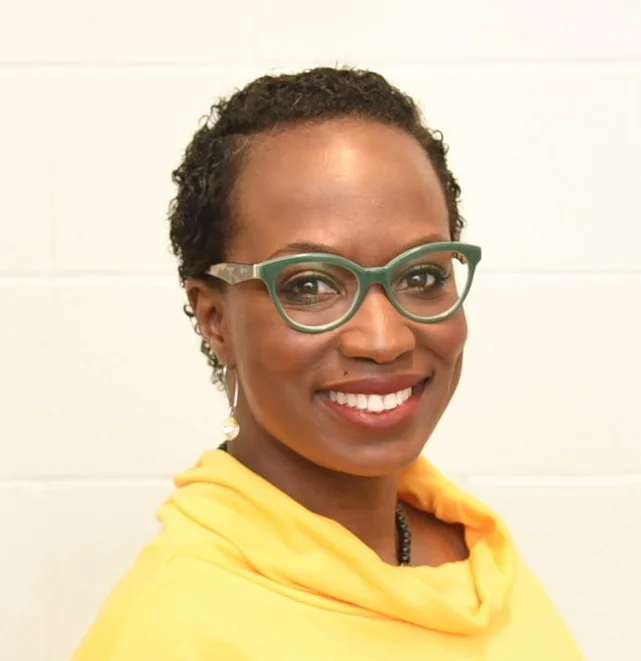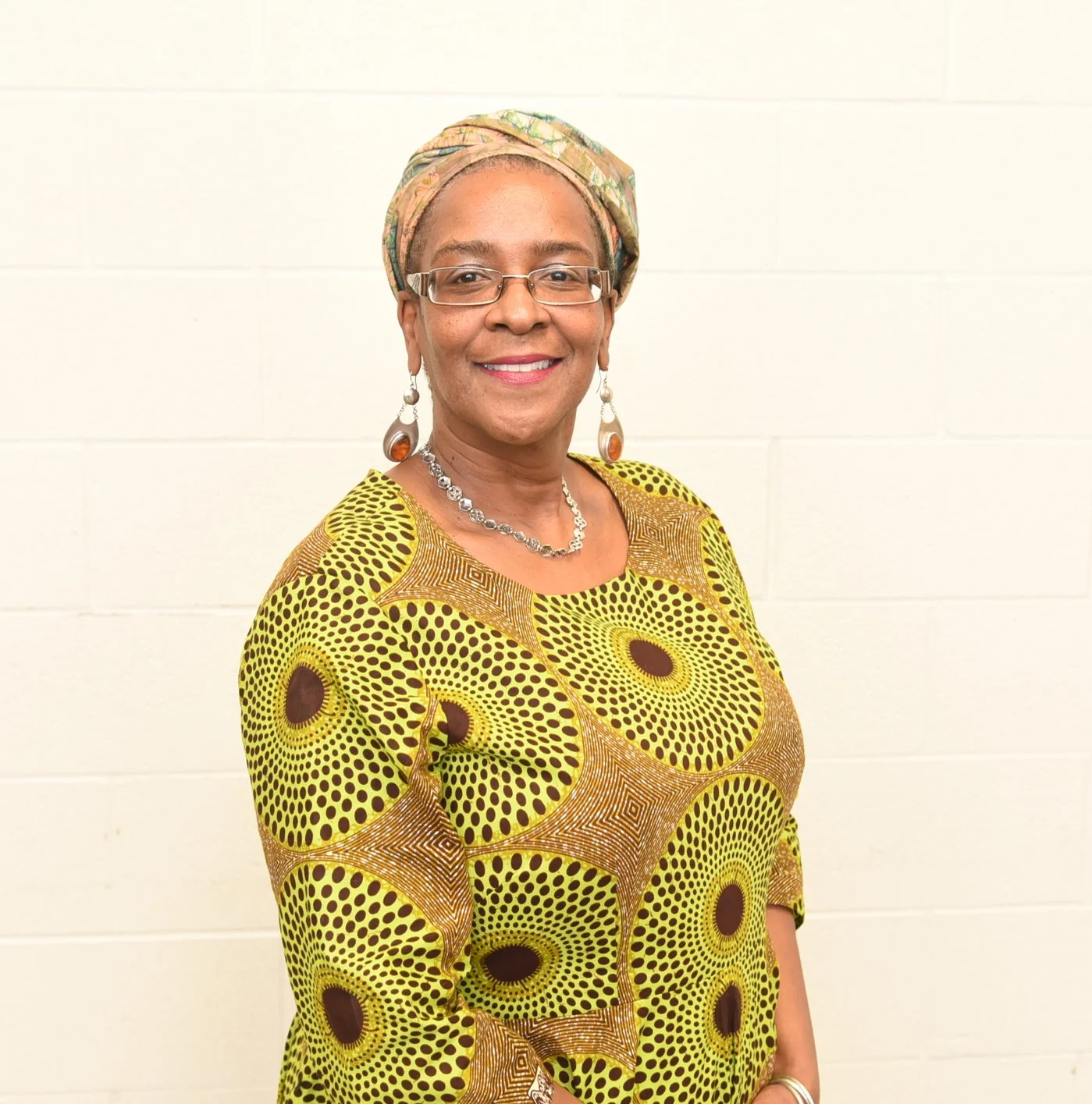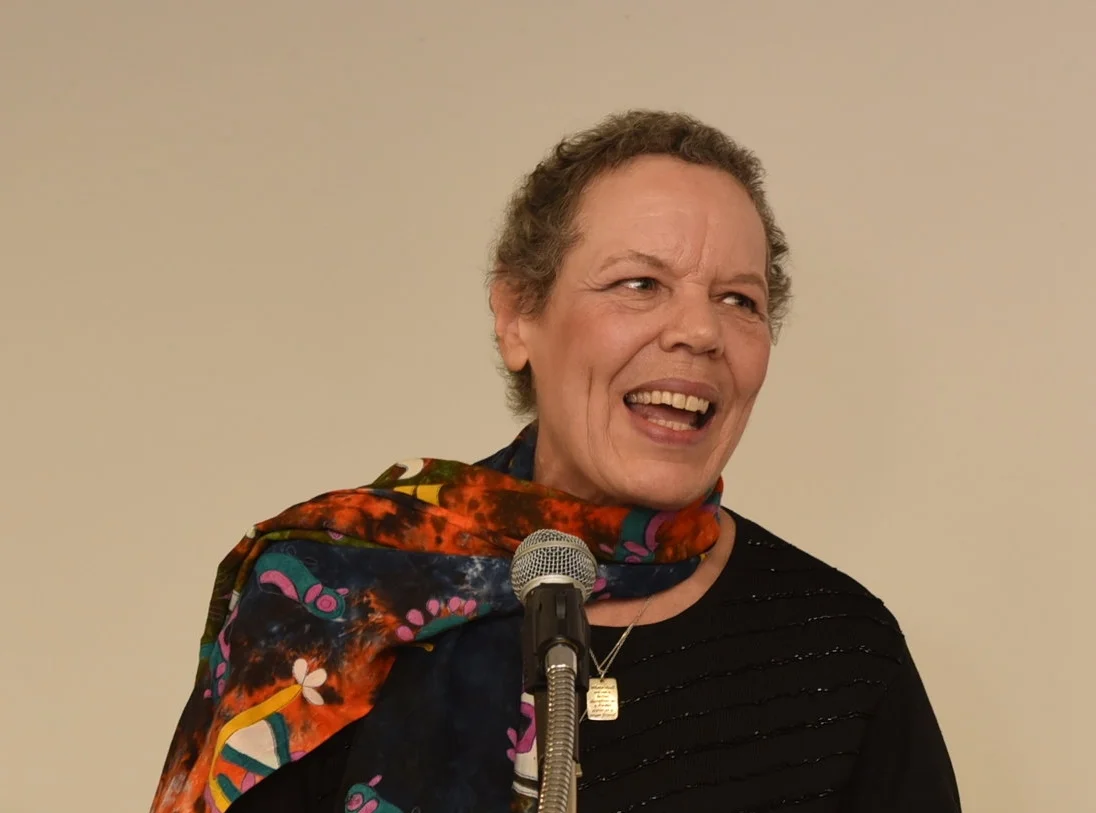Liberal MP humbled by award named after Mandela
February 8, 2018
As a 15-year-old watching Nelson Mandela being released in February 1990 after 27 years’ incarceration, Liberal Member of Parliament (MP) Celina Caesar-Chavannes had mixed emotions.
“I couldn’t believe how a man who had been imprisoned for so long could be so poised and gracious when addressing the throngs of people gathered outside the prison waiting for him,” she said. “I would have been angry and I would have wanted revenge. But he came out and did everything he could to foster a peaceful and united South Africa. That taught me about character and the willingness to forgive. If you couldn’t take important lessons from the first moments of his freedom, then you were trying very hard not to.”
The Whitby MP was the recipient of the Madiba Award presented at the 11th annual Cultural Expressions Art Gallery Black History Month celebration last Saturday night at J. Clarke Richardson Collegiate Institute in Ajax.
Sponsored by Meridian Credit Union, the award was created in 2015 to honour an individual for outstanding community service.
Mandela, South Africa’s first Black head of state, was referred to as Madiba which is the name of Mandela’s Xhosa clan.
A Congress of Black Women member, Caesar-Chavannes was humbled to receive an award bearing Mandela’s name.
“When I consider his well-documented and celebrated accomplishments, I can’t begin to put myself in his company,” she said. What I do think about, however, is how things that I do today might help someone coming after me in much the same way that Mr. Mandela’s life helped shape me. So this award is a tremendous honour because it signifies that I am on the right track.”
Though she never met Mandela, Caesar-Chavannes read his autobiography, ‘Long Walk to Freedom’.
“They were two quotes that really impacted me,” she added. “The first one is, ‘No one is born hating another person because of the color of his skin or his background or his religion. People must learn to hate, and if they can learn to hate, they can be taught love for love comes naturally to the human heart than its opposite’. Some of my interactions in this political life aren’t pleasant. People feel empowered, behind the anonymity of social media, to say some pretty ugly things. Remembering that people at their core are loving beings and they can be taught to love again help me to deal with them better.
“The other quote, ‘A nation shouldn’t be judged by how it treats its highest citizens, but it’s lowest ones’, has been very instructive in terms of the issues that I fight for as an MP. I have often said that as a government, if we can champion legislation that meets the needs of the most vulnerable, then we will have legislation that truly meets the needs of all Canadians.”
Esther Forde (l) and Durham Black Educators Network chair Eleanor McIntosh presented the Madiba Award to Celina Caesar-Chavannes
Migrating with her older brother and their parents from Grenada in 1975, Caesar-Chavannes is a graduate of the University of Toronto and the University of Phoenix and a former research assistant with the Rotman Research Institute and research co-ordinator with the University Health Network and the University of Toronto.
She served as parliamentary secretary to Prime Minister Justin Trudeau for two years before assuming the role of parliamentary secretary to the Minister of International Development in January 2017.
The theme of this year’s Durham Black History Month celebration was, ‘Back to the Future: Reclaiming Our Heritage’.
Itah Sadu
“When we talk about reclaiming our heritage, we will not only speak about Haiti as a place where we donate aid or where we help them because of an earthquake or cholera,” said keynote speaker Itah Sadu. “We will reclaim our heritage by telling our children that Haiti had the first revolution in the Western hemisphere. While others were creating constitutions that said, ‘We have the right to bear arms’, Haiti said, ‘Slavery and the enslavement of human beings were never an option’. When we have done that, we have debunked and we have changed the narrative and we have changed the alternative facts and fake news that are spread about that mighty nation called Haiti.
“When we reclaim our heritage, we will talk about the resilience of our people. And when we go to a show and see a limbo dancer, we are not going to say to our children that ‘this is a nice dance’ and ‘I like the way they go under the bar’. We will have another extension of the conversation and we will say to our children in the tradition of the poet and scholar John Agard that the limbo dancer is representative of the Middle Passage and, in our history and our heritage, it doesn’t matter how low the bar is, the limbo dancer goes under and the limbo dancer rises again.”
A co-owner with her husband Miguel San Vicente of A Different Booklist, Sadu urged non-indigenous Canadians to go beyond the territorial acknowledgments when they are making public addresses.
“We must make every effort to engage in a meaningful way with their culture and their nation,” she added. “That is the culture that we come out of.”
Kimya Hypolite
The program also featured Nigerian folk storytelling; raconteur Sandra Whiting who created and implemented many community programs, including Kuumba, Hot & Spicy and the International Market at Harbourfront Centre; dance performances by C-Flava and Afiwi Groove and vocal renditions by Kimya Hypolite who sang the Canadian and Negro national anthems.
A 2017 graduate of Humber College’s Bachelor of Music program, Hypolite started her own band – All of the Above – that performed its first concert on her birthday last November. She has also been a member of Caribe Dance Theatre for the past eight years.






